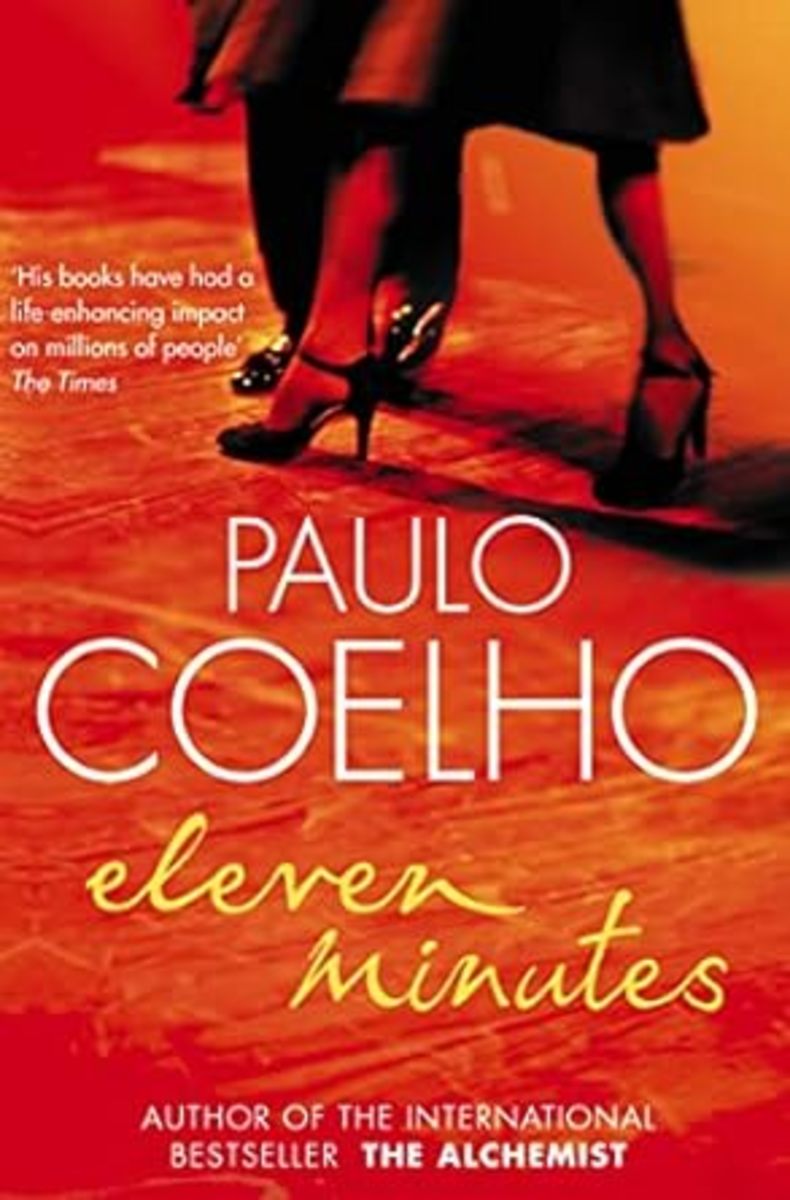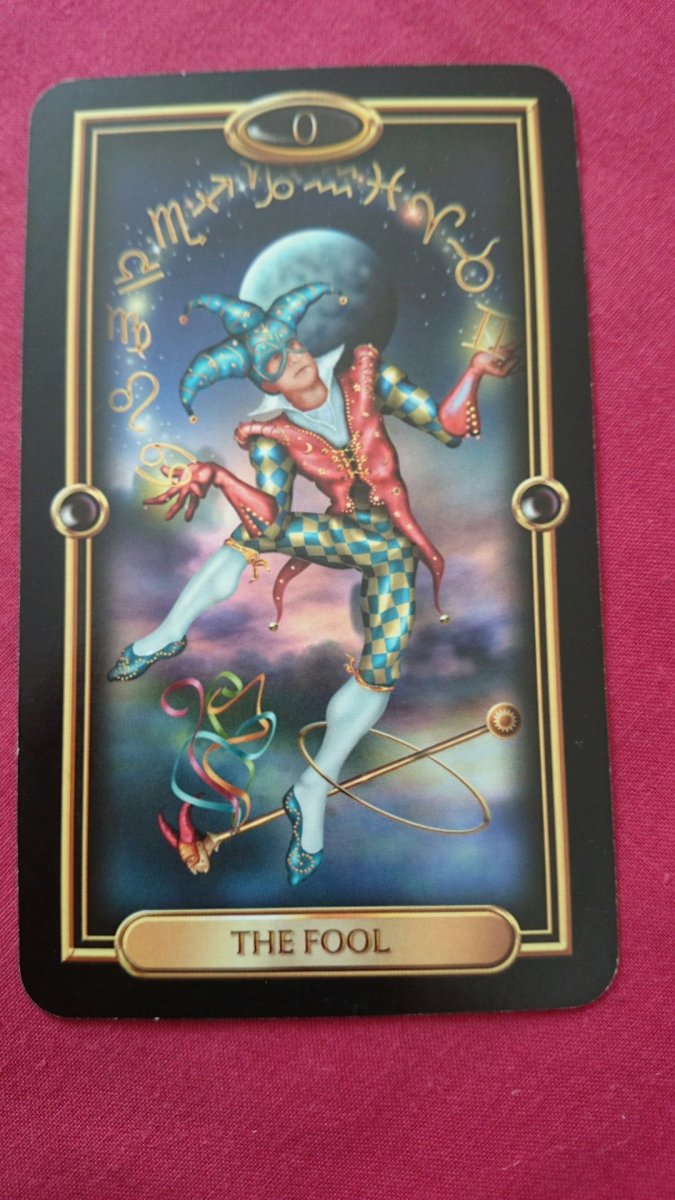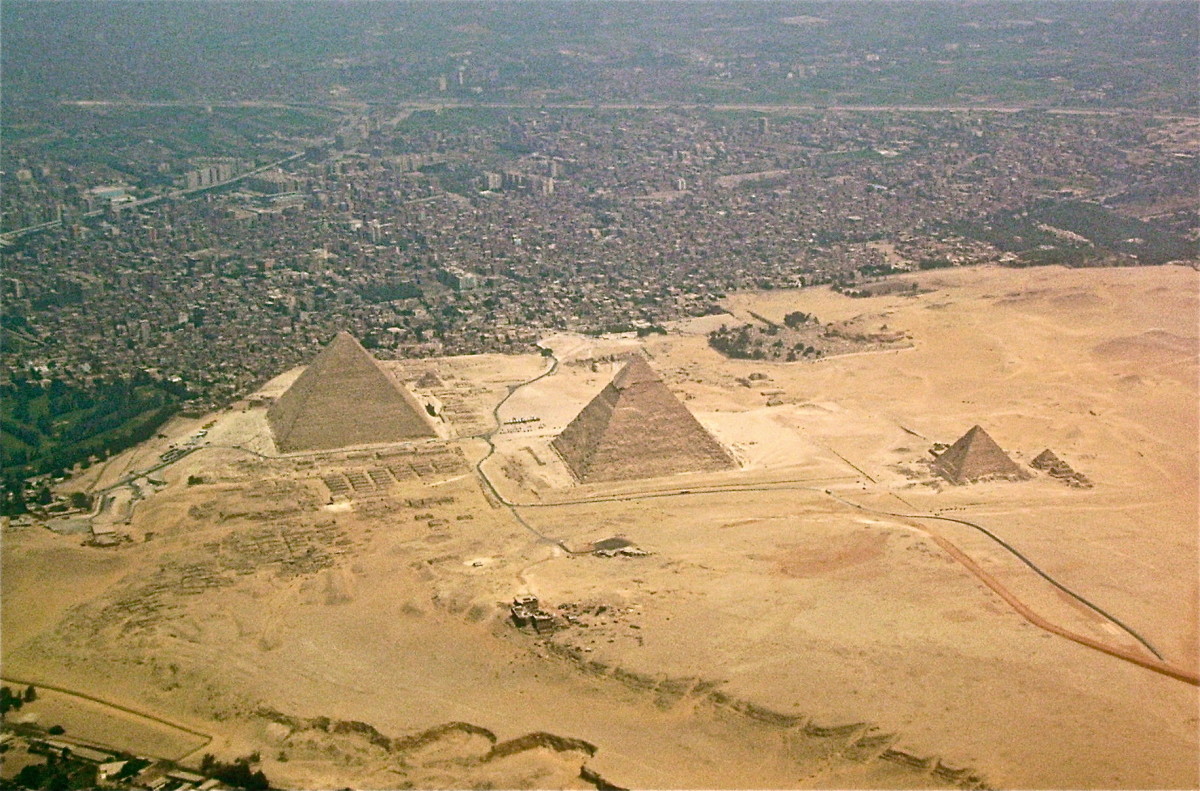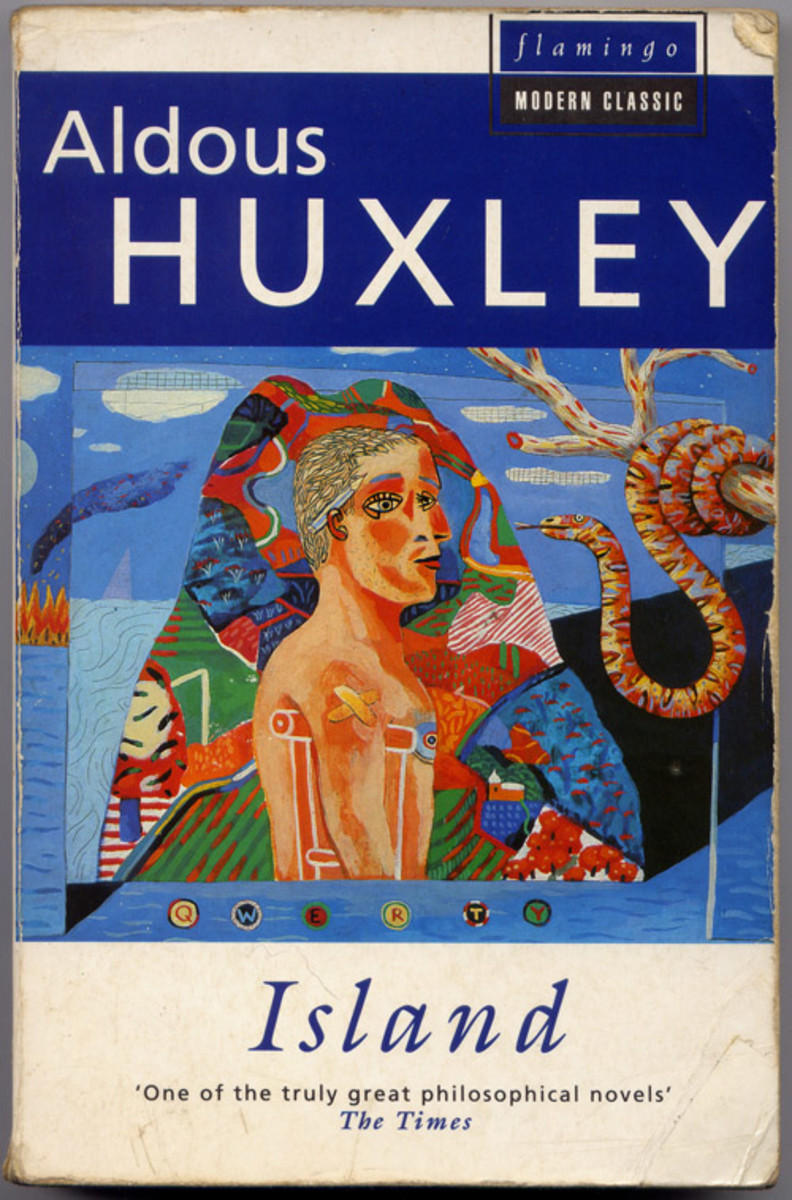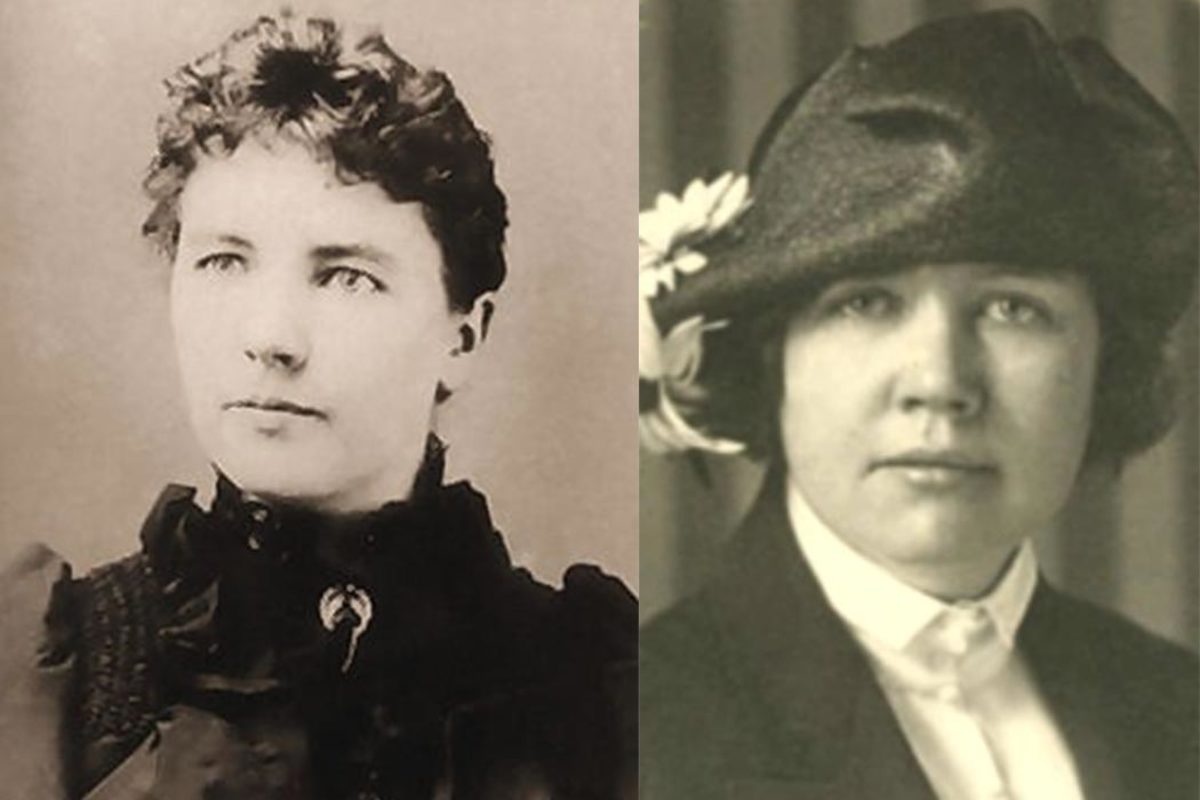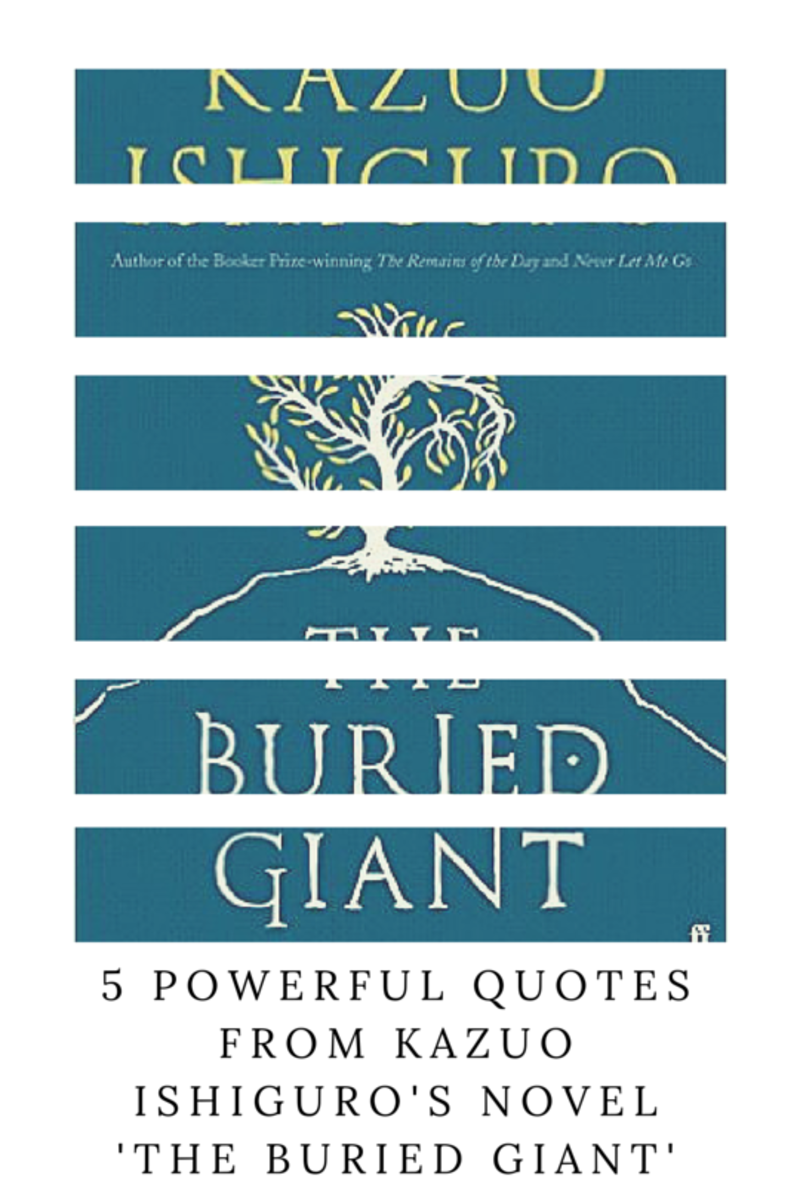The Novel Alchemist by Paulo Coelho
Paulo Coelho

There are few books that grab a reader’s attention so forcefully as never want to leave till finished. The Alchemist by Paulo Coelho is one such book. The book leaves a reader magically spell bound for it touches their heart and everyone can see a self-reflection in the book. The book is eminently reader-friendly in style and simple in language that any one can understand and feel enchanted, inspired and transformed. While reading and after reading the book, the readers will find powerfully attracted by the idea of their dreams and fulfilling their destinies.
The Protagonist, Santiago, a Spanish shepherd boy is driven to action by a recurring dream in which he goes Egypt and finds a hidden treasure. An old man advises him to pursue his Personal Legend for “when you want something, all the universe conspires to achieve it. Taking courage from these words, Santiago sells away his flock to pursue his journey to Tangiers, where a thief steals away his money adding to his woes. Santiago finds work in a crystal shop and prospers. He then travels with an Englishman to find a famous alchemist. Finally, Santiago embarks on the last leg of his journey and arrives to the pyramids. It is here that he learns the most valuable lesson of his life: the treasure he has been looking for is waiting in the place he least expects it. (Silvey 247).
As a reader goes through the book, they are bound to find a number of messages. Some of the messages likely to be gathered from there are as follows (Loader p.11):
Early in the book, one of the striking statements made by the author is – ‘it’s the possibility of having the dream come true that makes life interesting.’ (Coelho, 1994, p.11). This philosophy is the philosophy of optimism and hope. This philosophy is about your attitude to life and to your work – you are going to work not just to fill the day, pass your time, do your assignments or even to earn money but you go to work because you have a purpose and that purpose is an exciting one. The second message of significance is what the Alchemist says to Santiago: ‘Remember, that wherever your heart is, there you will find your treasure’ (p.122). There are two messages here, one, if your heart is not in something, you are not likely to get personally satisfying outcome. The other message is the message of focus as claimed in the statement, ‘rest well tonight, as if you were a warrior preparing for combat’ (p.117). And further down the fate of those that become distracted is depicted: ‘You must love the desert, but never trust it completely. Because the desert tests all men; it challenges every step and kills those who become distracted.’ (p.117). Another powerful Alchemist thought is courage: ‘Courage is the quality most essential to Understanding the Language of Love.’ (p.117). It needs courage to nurture a dream and follow one’s heart.
Then there’s the thought on suffering that makes a powerful impact. We all fear suffering. There are fears associated with pursuing a dream, what will others think (?), how will they respond (?), what will they say (?). The Alchemist responds, “Tell your heart that the fear of suffering is worse than the suffering itself. And that no heart has ever suffered when it goes in search of its dreams, because every second of the search is a second’s encounter with God and with eternity’ (p.137). The boy’s response is equally illuminating: ‘When I have been truly searching for my treasure, every day has been luminous, because I’ve known that every hour was a part of the dream that I would find it. When I’ve been truly searching for my treasure, I’ve discovered things along the way that I never would have seen had I not had the courage to try things that seemed impossible for a shepherd to achieve’ (p.137). The thought on love is expressed in the following words in Alchemist: ‘when you are loved you can do anything. When we are loved, there is no need at all to understand what is happening, because everything happens within you and even men can turn themselves into the wind” (p.155).
In a nutshell, Alchemist is about a journey through life that all of us invariably take but few discover the treasure that life has to offer. Santiago’s journey is no less arduous or perilous. However, it is his attitude that makes the difference. Most of us are misled in our journey because we think because we think life is tough and that others have created hardship for us. We go through life with an attitude of fear and dare not venture outside the bubble of security. We fail to discover the treasure paralyzed by fear even as the treasure lies at right close to us to be claimed and enjoyed. “What starts out as a journey to find hidden treasures of unbelievable wealth leads Santiago to search within himself for treasures greater than gold” (ezinearticles.com). The same spiritual treasure is accessible to all of us.
We may now like to look into the quality of Coelho’s writing. What is it in his writing that inspires the readers? Paulo Coelho (b.1947) has had the association of Brazil’s most popular singers as a theater director, playwright and songwriter. The inspirational style that Paulo uses has probably it’s roots in his 1986 experience when he went to Santiago, an ancient Spanish pilgrimage. The Pilgrimage his first published novel was inspired by the experience. In The Alchemist , the protagonist takes his name from the road. While The Alchemist has clear lessons to impart, much of Coelho’s appeal comes from the way he dramatizes these lessons:
“As Santiago journeys across the African desert, he falls in love, meets the Alchemist, encounters warring tribesmen, risks his life by promising to turn himself into the wind, and is robbed, beaten, and nearly killed just as he thinks he is about to uncover his treasure. The surprise ending, in which the boy learns that his treasure lies not at the pyramids, as his dream had foretold, but back at the abandoned church where his journey began, has powerful implications about the importance of looking into the roots and foundation of our lives, voyaging outward to find the way back home, and trusting our dreams even when it seems they have slipped beyond our reach.” (harpercollins.com.au).
The Alchemist is in many ways the story of the central character in the book that follows his dream. At the time when the book was published, Paulo was a struggling writer trying to follow his dreams while all the voices were telling him, it was impossible. The book ultimately went on to be translated into 67 languages and sold over 65 million copies. Answering the secret behind this huge success, Paulo says, “The only honest response is: I don’t know. All I know is that, like Santiago the shepherd boy, we all need to be aware of our personal calling. What is a personal calling? It is God’s blessing, it is the path that God chose for you here on Earth. Whenever we do something that fills us with enthusiasm, we are following our legend. However, we don’t all have the courage to confront our own dream.” (paulocoelhoblog.com).
In his blog, Paulo Coelho identifies four obstacles that accompany our dream. From early childhood days we are reminded of the impossibility of achieving what we want to so that we grow up with this idea as well as with layers of prejudice, fear and guilt. Our personal calling remains invisibly buried in our soul.
However, if we can ferret out our dream, we are confronted with the second obstacle. The second obstacle is love. When we realize what we want to do we refrain from the same enterprise out of fear of hurting those we love. However, it is important to know that love should be the further impetus in what we want to achieve rather than an obstacle. Those who genuinely love us want us to be happy so they accompany us in our journey.
Once we recognize the role of love in our journey, we are faced with the third obstacle. The third obstacle is the fear of defeats we are likely to face while trying to accomplish our enterprise. In course of our journey to dream, we suffer far more when it doesn’t work out because we cannot say we do not want it anyway. In fact we want it as never before because we have staked everything for it and we cannot go back on it. The path of personal calling is probably more difficult than any other path so we must take courage, have patience and must understand that the universe is conspiring in our favor, although we may not understand the mechanism of it. However, once we overcome the defeats as we invariably do we are filed with a great sense of euphoria and confidence.
The fourth obstacle that Coelho identifies is guilt. “The mere possibility of getting what we want fills the soul of the ordinary person with guilt. We look around at all those who have failed to get what they want and feel that we do not deserve to get what we want either. We forget about all the obstacles we overcame, all the suffering we endured, all the things we had to give up in order to get this far.” (paulocoelhoblog.com). However, Coelho suggests you deserve to get what you fought so hard for. That’s how you can become an instrument of God and help other souls.
Coelho published his first work Hell Archives that failed to make an impact. Since the publication of Alchemist, Coelho has written several more books such as By the River Piedra I Sat Down and Wept, The Fifth Mountain, Veronica Decides to Die, The Devil and Miss Prym, Eleven Minutes, Like the Flowing River, The Witch of Portebellow . Among the books that he has written, almost all are fictional but rooted in his life experience, while the two are autobiographical. These are The Pilgrimage and The Valkyries . Besides, he has written collection of essays and frequently writes newspaper columns. Once Coelho explained away the reason for procrastinating his writing career, “If I see a white feather today, that is a sign that God is giving me that I have to write a new book.” He began writing once again the day he found a white feather in the window of a shop (beliefnet.com).
Paulo Coelho is among the few writers that can leave the readers mesmerized not because he weaves fantastic stories but because he touches the soul. The words pouring out from him are directly from heart. His language is simple and cogent that every one can relate to. He inspires because he is himself inspired and the works of inspiration are the best works in imagination and creativity. At the end of the day, a readers feel mightily transformed as a consequence of having gone through any of his works.


